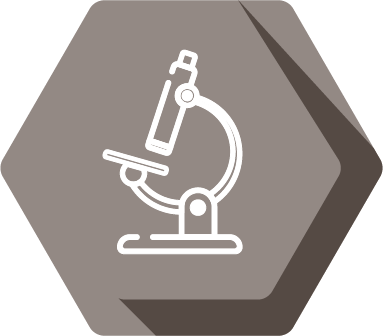Alexa Cotter

Pronouns: she/her/hers
Research Mentor(s): Joseph Decker, Assistant Research Scientist
Research Mentor School/College/Department: Biomedical Engineering, College of Engineering
Presentation Date: Thursday, April 22, 2021
Session: Session 4 (2pm-2:50pm)
Breakout Room: Room 17
Presenter: 1
Abstract
Chimeric antigen receptor (CAR) T cells are a promising solution for treating cancers that are drug resistant, but are currently unsuccessful in solid tumors due to their stronger defense mechanisms that prevent the CAR T cells from recognizing the tumor. This project aims to identify the defense mechanisms in triple negative breast cancer related to infiltrating B cells and plasma cells in order to improve CAR T cell targeting in these tumors. We analyzed publicly available single cell RNA sequencing data from 12 patients with treatment-naive triple negative breast cancer and identified B cell and plasma cell subsets within these tumors. A total of 13 subsets were identified, with different patients displaying distinct subtypes of B and plasma cells. We compared the survival probability associated with the genes identified for each subset of cells. Survival analysis indicated that no single set of genes was associated with increased survival. Interestingly, clusters 1 and 2, denoted by genes IGKV-3, HLA-DRA, and MS4A1, were associated with patients that had increased immune infiltrate, which may indicate that these cells could be used to improve targeting of CAR T cell therapy.
Authors: Joseph Decker, Alexa Cotter
Research Method: Laboratory Research





